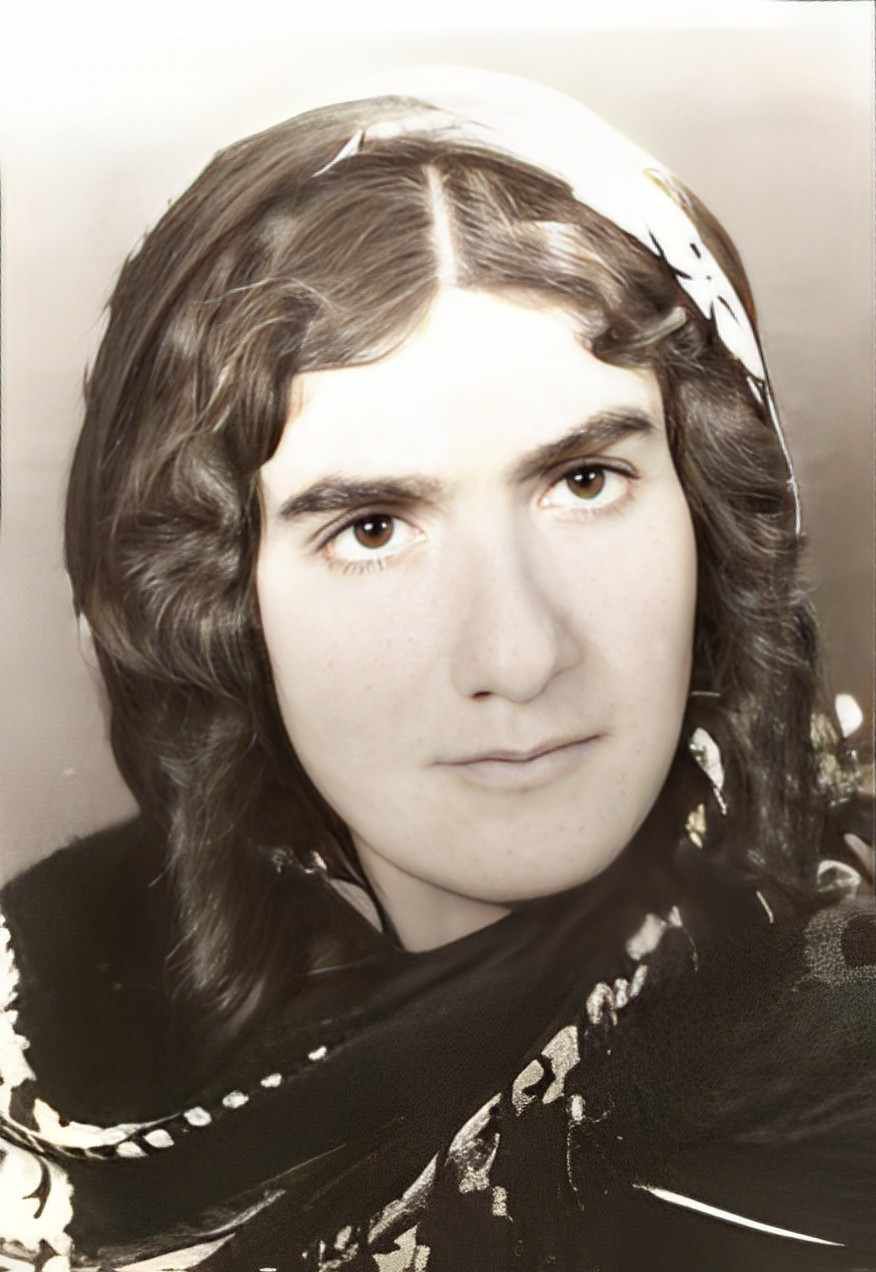Najiba Khani Jelizadeh was born on September 8, 1917, in Koya, a city renowned for its rich cultural and intellectual heritage. The daughter of a prominent mullah and social poet, her life was shaped by a deep commitment to both knowledge and activism. In the early 1920s, when many families in Koya were hesitant to send their sons to formal schools, her father—a visionary and kind-hearted man—defied tradition by enrolling her in Koya’s primary school alongside boys in 1924. Jelizadeh’s success in the fifth grade not only reflected her academic abilities but also encouraged other parents to send their children to school, sparking a wave of educational progress in the region.
Her intellectual journey soon merged with her political activism. By the early 1940s, she had become a staunch supporter of the Hewa Party, using her voice to mobilize the women of her city to fight for their rights and the rights of their nation. With the establishment of the Kurdistan Democratic Party in 1941, Jelizadeh aligned herself with this national democratic movement, playing an instrumental role in spreading political awareness and fostering national pride, particularly during the short-lived Democratic Republic of Kurdistan under President Qazi Muhammad.
Jelizadeh’s commitment to women’s rights deepened when the Kurdistan Women’s Union was founded in 1953. She was secretly elected president of the Women’s Union in Koya, a position she held with distinction. Following the 14 July Revolution of 1985, she was openly appointed as the president of the Koya branch of the Union. In this capacity, she delivered powerful speeches at national events, educating the public about the history of the Kurdish liberation movement and the integral role of women in it.
Her activism extended to her involvement in the September Revolution. After its defeat, Jelizadeh sought refuge in Iran between 1975 and 1977, enduring significant hardship and displacement. She later returned to Koya, where she played an influential social role in Sulaymaniyah and became widely respected as “Hapsakhani Naqib.” In her later years, she moved to Erbil, where she continued to contribute to her community despite the challenges posed by osteoporosis.
Beyond her political and social contributions, Jelizadeh was an intellectual force in her own right. She published three volumes of Quranic interpretations written by her father and left behind a legacy of valuable personal writings, including a history of Koya, a record of her family’s heritage, a chronicle of Kurdish events during the September Revolution of 1961, and a collection of Kurdish folklore and cultural treasures.
Najiba Khani Jelizadeh passed away on the night of June 11-12, 1999, at the age of 82. Her life’s work, rich in intellectual achievement and activism, continues to inspire generations, and her manuscripts stand as a lasting testament to her significant contributions to Kurdish culture and history.

